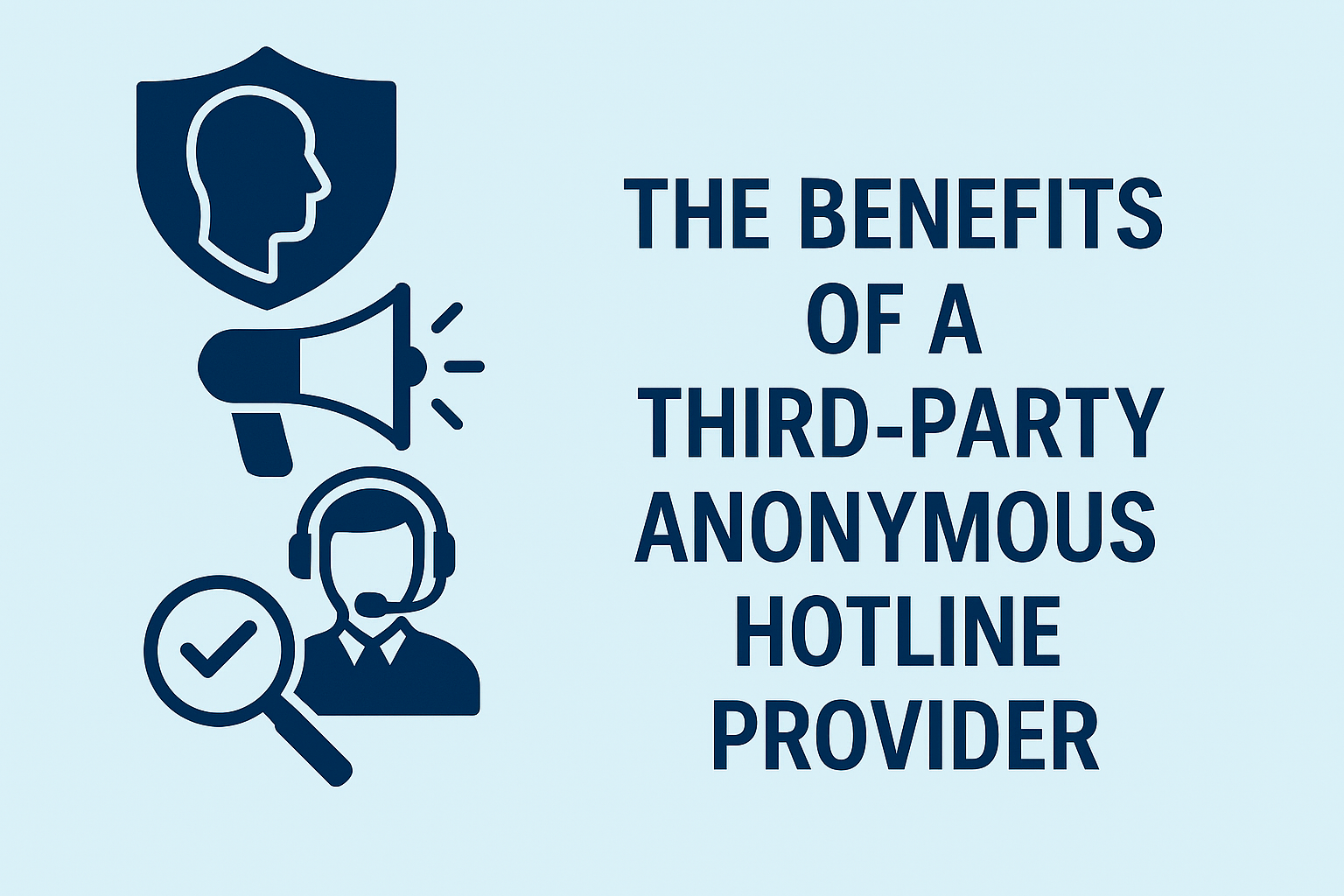The Pregnant Workers Fairness Act went into effect on June 27, 2023, requiring covered employers to provide reasonable accommodations to a worker’s known limitations related to pregnancy, childbirth, or related medical conditions. The EEOC’s publication, “What You Should Know About the Pregnant Workers Fairness Act,” provides practical information for employers and employees to better understand rights and responsibilities under this new legislation. The following highlights key takeaways:
New Protections under PWFA
While existing laws already make it illegal to fire or discriminate against workers on the basis of pregnancy, childbirth, or related medical conditions, the PWFA goes one step further by requiring employers to provide these individuals with reasonable accommodations. The EEOC defines reasonable accommodations as “changes to the work environment or the way things are usually done at work.” Under this act, reasonable accommodations allow workers who are affected by pregnancy, childbirth, or related medical conditions to continue working in a capacity that meets their current needs and abilities. Reasonable accommodations under PWFA may include increased break time for using the bathroom, resting, and hydration, flexible hours, closer parking, exemption from strenuous labor, and excusal from tasks that expose workers to compounds that are unsafe for pregnancy.
Who is Covered by the PWFA?
Employees and applicants of covered employers are protected by the PWFA. Private and public sector employers with at least 15 employees, congress, federal agencies, employment agencies, and labor organizations are all covered by the EEOC and subject to EEO legislation.
Employer Rights Under the PWFA
Covered employers are only required to provide reasonable accommodations under the PWFA. Accommodations that would cause an undue hardship on an employer’s operations are not considered reasonable or enforceable under PWFA. The EEOC defines undue hardship as “significant difficulty or expense for the employer.”
Filing a Complaint
Workers are now able to file a complaint with the EEOC when they feel that their rights have been violated under the PWFA. It is important to note that the PWFA does not apply to situations that occurred prior to June 27, 2023. The PWFA prohibits retaliation against individuals who report or oppose unlawful discrimination or who participate in a PWFA proceeding.
The implementation of the Pregnant Workers Fairness Act furthers the EEOC’s mission to combat unlawful employment discrimination. Remaining informed on current EEO legislation is an important measure for protecting your organization and employees.
To learn more about EEOC expectations in another area, see our article here.
Reach Us
Red Flag Reporting
P.O. Box 4230, Akron, Ohio 44321
Tel: 877-676-6551
Fax: 330-572-8146



